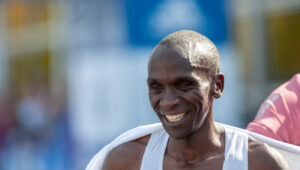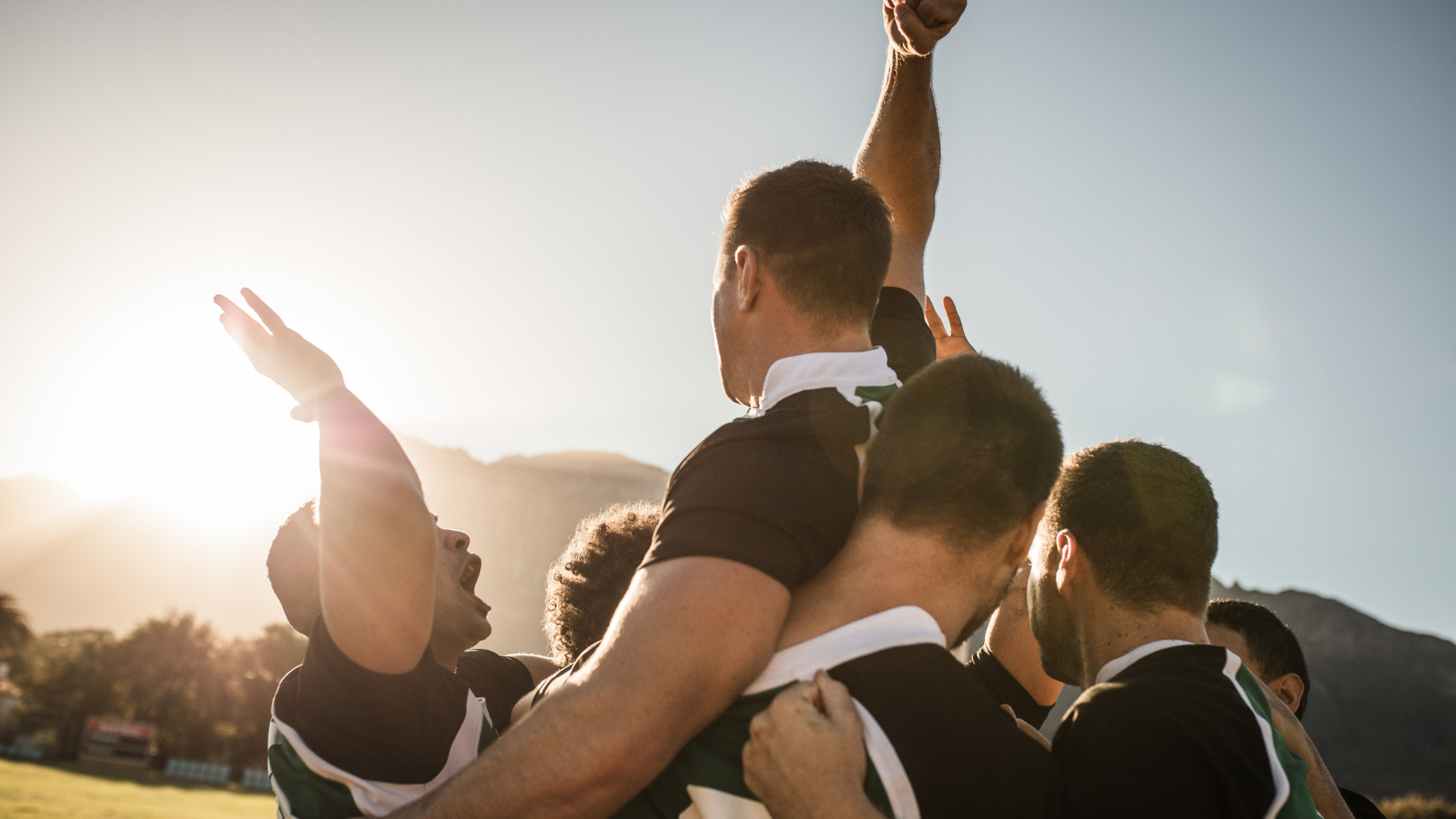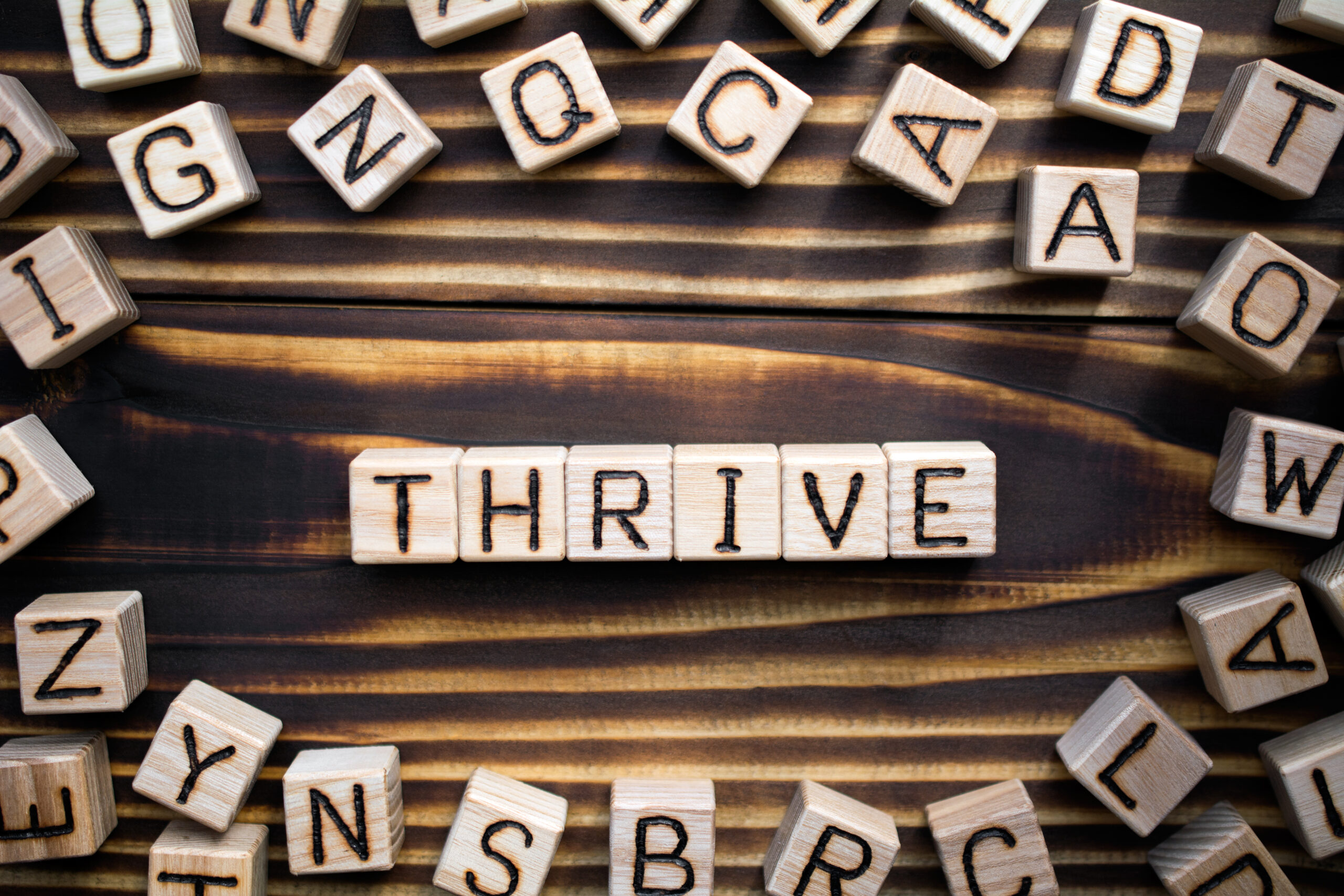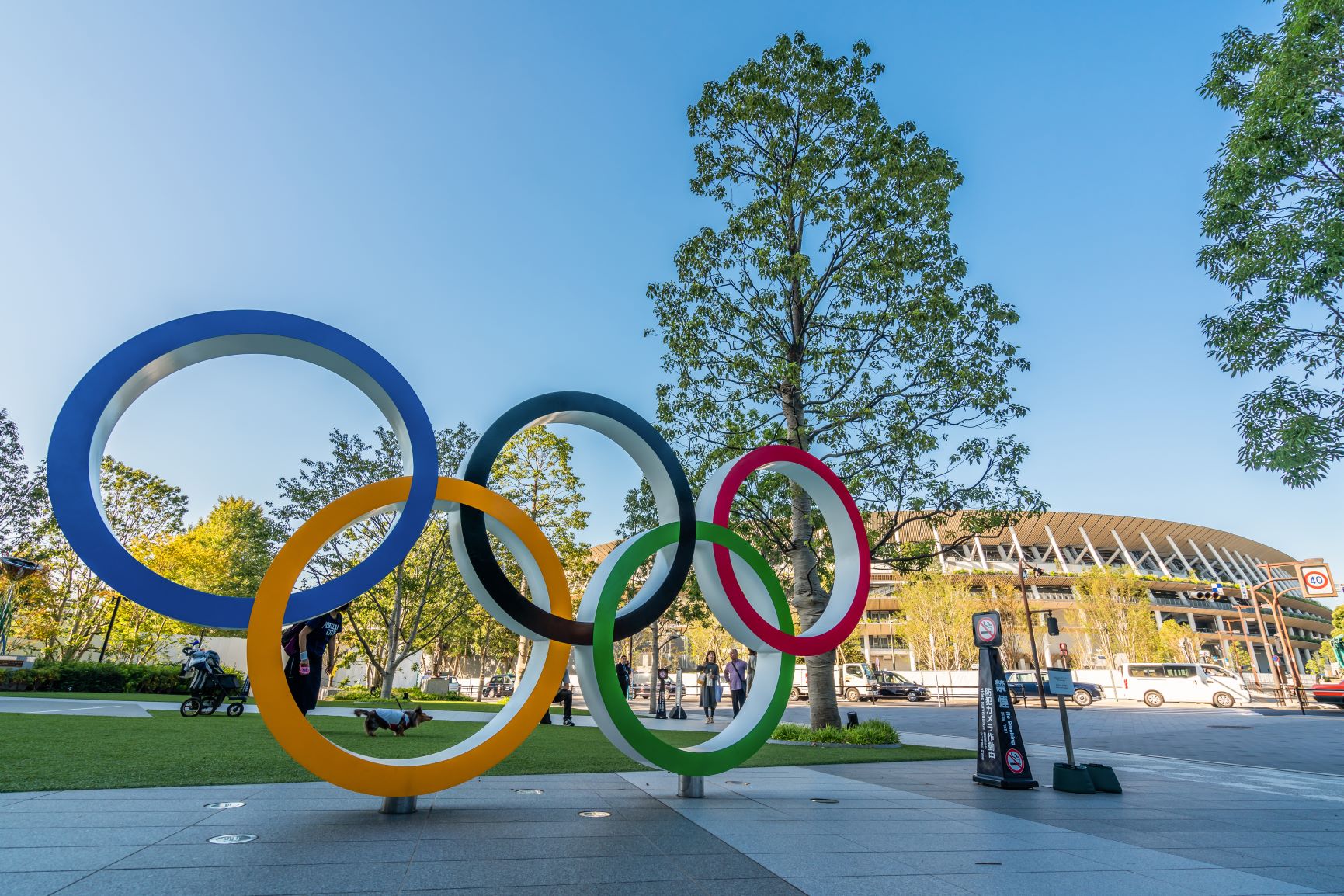Lessons from Olympic Games Paris 2024
It’s not a surprise that I loved the Olympic Games this year. As ever, it was peppered with amazing stories of achievement, drive, resilience, and joy - I was lucky enough to see some of it up close! There is so much that individuals and organisations can learn from these incredible athletes - here are just some of the lessons I’ve taken away.
Extraordinary goals
As a young girl, Lola Anderson wrote in her diary that she wanted to row in the Olympics and maybe even win a gold medal. She called it her ‘biggest dream in life’.
At the age of 26, Lola’s dream came true when, alongside her teammates, she won Olympic gold in the Women’s Quadruple Skulls. It took tireless dedication to reach that goal and fulfil her dream.
Lola wasn’t afraid to dream big, and that is the crucial lesson, because it’s through ambitious goals that individuals and teams push the boundaries of what is considered possible and achieve extraordinary outcomes.
Challenge your own limits about what is possible. Don’t settle for average or ordinary outcomes, instead strive for extraordinary.
Adaptability and Resilience:
When life throws you a curve ball, learning to accept what you cannot change and pivoting your strategy to overcome obstacles is a must.
Bryony Page, gold medal-winning Olympic trampolinist is an incredible example of this.
Bryony talks freely of having a ‘mental block’ about having the skills to compete at the highest level and has also suffered from ‘lost move syndrome’ – a potentially career-ending condition. Rather than give up, she spent over a year relearning all of her skills and in doing so becoming a stronger person and trampolinist.
When your business environment is a rapidly changing one, the ability to adapt quickly to your circumstances or try a different approach will see you maintain your performance.
Trust and teamwork
There’s so many lessons we can learn from the team of four incredible athletes that won the Women’s Quadruple Skulls (Hannah Scott, Lola Anderson, Georgie Bradshaw and Lauren Henry). It’s their trust and teamwork that I want to focus on as having one of the most valuable lessons for business.
Another team led the Olympic final for 1,999 metres…but the GB team led for the one metre that mattered. And that is entirely because they trusted Lauren Henry to make the call that told them when to go all-in for the sprint finishes they are so well known for.
‘We have 100% belief in the race and 100% belief in each other and we just trust our plan and each other so much…that’s what we have as a crew, we have unrelenting full trust.’
Without trust, the outcome could have been very different. This was a team aligned in its goal, focused on delivering it, and trusting that everyone would play their part which is why they could deliver when it mattered most.
They are a really special team.
No one wins on their own
An individual athlete may be on their own at the start line but there is a team behind them who have put in hard work and effort to help them get there. You can be the most talented athlete but you can’t do it on your own…even if you’re Arshad Nadeem the gold medal-winning javelin thrower from Pakistan.
Despite having no access to the sophisticated team resources of other competitors, his team was the people in his village who supported him and his brother who helped make gym equipment.
In the workplace, it’s the same. A sales team can’t hit its targets without the marketing team, the supply chain, the product and ops teams, and all functions collaborating together as one team.

Mistakes and failure are part of the journey
Adam Burgess won silver in the Canoe Slalom after missing out on the podium in Toyko Olympics by 0.16 seconds. He also failed to reach the podium at the world championships in 2023, finishing 5th. He refused to give up on his childhood dream of winning an Olympic medal.
He said, “There’s been so many times in races where I’ve not taken my opportunity and where a mistake put me off the podium, or turned into more mistakes.”
We need to be comfortable with failing and making mistakes because failure is your best teacher, helping you learn what you can do better or what you need to change.
All champions lose a lot along the way but they don’t give up, they believe in themselves and the dream.
It’s ok to take time out
Sometimes the most effective thing you can do is take a break.
After withdrawing from several events in the Tokyo Olympics due to mental health challenges, Simone Biles returned in Paris to win three golds and a silver medal. Her journey is a powerful reminder that setbacks are a natural part of any career, whether in sports or business.
Adam Peaty took a break from swimming last year to address his battles with depression, alcoholism, and burnout.
“I got to a point in my career where I didn’t feel like myself. I didn’t feel happy swimming”
Peaty has turned his life around by taking responsibility for his actions and facing his struggles head-on.
“I’m more relaxed and knowledgeable of myself. When I look in the mirror, I’m very peaceful. As soon as you stop running from yourself, that’s when you start living your true self.
Simone and Adam teach us that resilience is about acknowledging challenges, facing your struggles, taking the necessary time to recover, and coming back stronger.
Just like Biles and Peaty, businesses must prioritise mental well-being and build a supportive culture for when the road gets tough.

The Relentless Pursuit of Excellence
Eliud Kipchoge’s historic win in the marathon, marking his third consecutive Olympic gold, highlights the importance of relentless dedication. Yes, he has natural talent but sustained performance comes from years of disciplined training, attention to detail, and an unwavering commitment to continuous improvement.
When you win the first Olympic gold it could be easy to think that another great year is going to follow because success can breed complacency. Eliud demonstrates that to sustain success, you’ve got to be constantly moving forward and pushing boundaries.
A winning mindset assumes improvement is always possible, no matter how exceptional you already are, you can always improve.
Companies that continue to thrive are like Kipchoge, they never settle for mediocrity. They recognise the danger of complacency creeping in following success. They reflect on what went well and they do more of it and they look to make improvements where they can.

Don’t take no for an answer!
On a final note, with more of a personal lesson than a business one, I’ll leave you with a quote from another of the incredible Women’s Quadruple Skulls team:
‘I never take someone telling me that I can’t do something lightly…I love showing people I can do anything I want to and that’s taken me to Olympic gold and that’s pretty cool’ – Georgie Bradshaw.
If you want to harness the winning mindset of Olympians for your team, please do contact us here.

Published: Tuesday 20 August 2024
Written by: Anna Hemmings, MBE, OLY.



